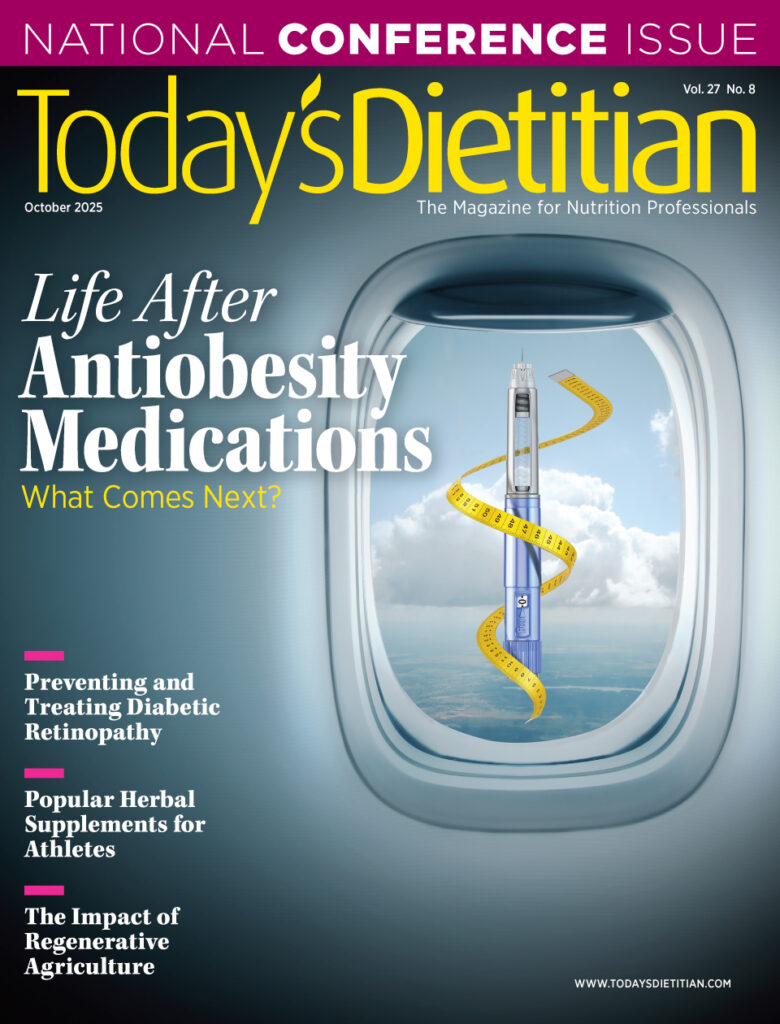Physically active women who have foresworn bedtime snacks should feel no fear cracking open the cupboards after sundown for a protein-rich treat, according to new Florida State University (FSU)–led research.
In a study of women weight lifters, nutrition scientists at FSU showed that protein consumption before bed compared with protein consumption during the day doesn’t disturb overnight belly fat metabolism or whole-body fat burn.
The findings, published in the Journal of Nutrition, challenge widespread misconceptions about the relationship between nighttime eating, weight gain, and metabolism, especially in women.
“For far too long, people have been led to believe that eating before bed causes metabolic disturbances and will make them gain fat,” says study author Michael Ormsbee, PhD, FACSM, FISSN, CSCS, an associate professor in the College of Human Sciences and the associate director of the FSU Institute of Sports Sciences & Medicine. “However, the data simply does not support this when the food we choose to eat before bed is protein based and small in size.”
While past research has uncovered substantial benefits of nighttime protein consumption, most existing work on the topic focuses exclusively on men. In this study, Ormsbee and his team used two experimental conditions to investigate fat metabolism in a sample of women weight trainers.
In one condition, the study participants drank a casein protein shake 30 minutes after a workout and a taste-matched placebo shake 30 minutes before bed. In the other condition, the participants drank the shakes in the reverse order.
“We wanted to investigate how drinking a protein shake before bed influenced overnight metabolism of fat in fit women as compared to taking that protein shake at another time of day,” Ormsbee says.
Researchers then deployed a strategic measurement approach designed to comprehensively assess the full, multistep process of overnight fat metabolism. First, they documented participants’ lipolysis—or fat release from fat cells—in order to determine whether the timing of protein consumption was linked to cells’ ability to unleash stored fat into surrounding tissue.
Then, the team used breath sample measurements to evaluate participants’ fat oxidation, or their bodies’ capacity to burn the fat released as energy in the muscles.
Scientists have long known that protein consumption paired with exercise can help trigger the release of fat by cells, says study coauthor and former FSU doctoral student Brittany Allman, PhD, who wrote her dissertation on this study. She and her partners were eager to identify whether, in an active resistance training population, there were any additive effects of protein consumption before bedtime—a window of accelerated fat release.
The team’s measurements revealed that, for women who lift weights, the well-known benefits of a nighttime, high-protein snack far outweigh the costs.
“In women who weight train, there are no differences in overnight local belly fat metabolism or whole-body fat burn whether you eat protein in the form of a protein shake during the day postworkout or at night presleep,” says Allman, now a postdoctoral fellow at the University of Arkansas for Medical Sciences and the Arkansas Children’s Nutrition Center. “So, essentially, you can eat protein before bed and not disturb fat metabolism.”
Allman says she hopes this study and subsequent follow-up investigations will help demystify the science of women’s nighttime eating and clear away harmful, unfounded beliefs.
“There are such bad misconceptions about eating at night, that it will ‘make me gain weight’ or ‘slow my metabolism,’” she says. “The research suggests that really only holds true if you’re eating a ton of calories and they are carbohydrate and/or fat laden. There are so many potential beneficial effects of eating protein at night, and it will be extremely important to take all of this science to the community to try to change the outlook of these dietary habits.”— Source: Florida State University


